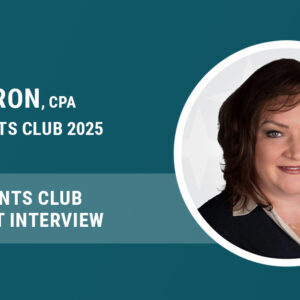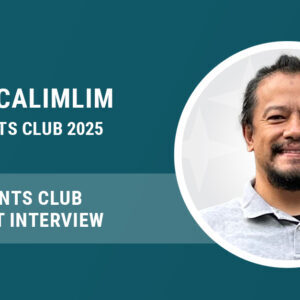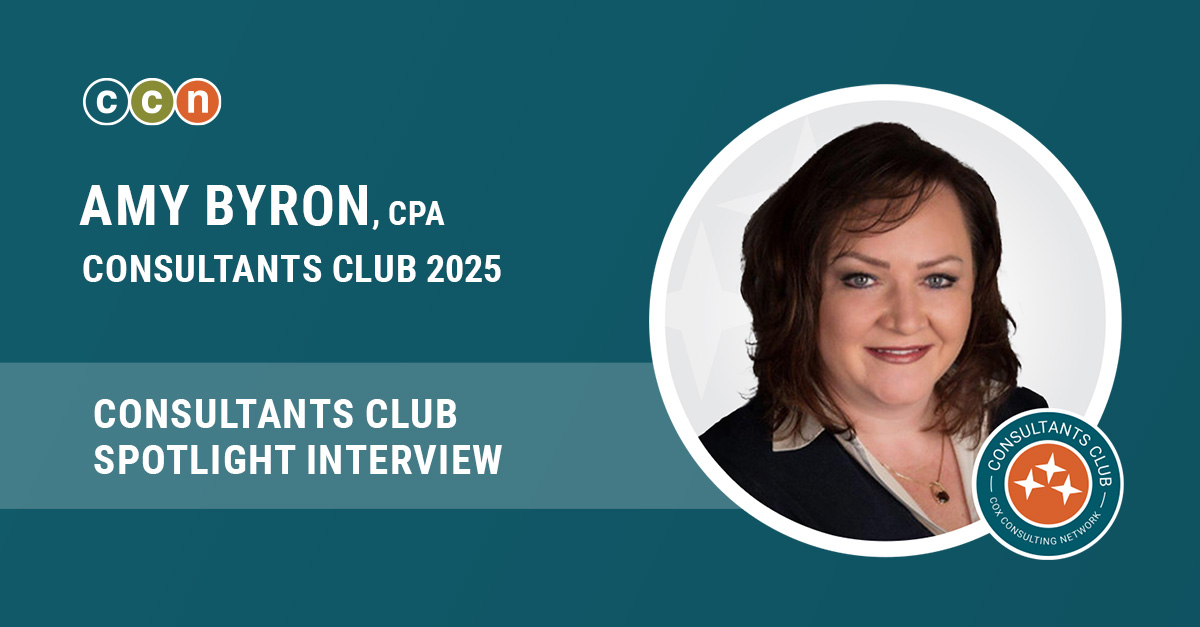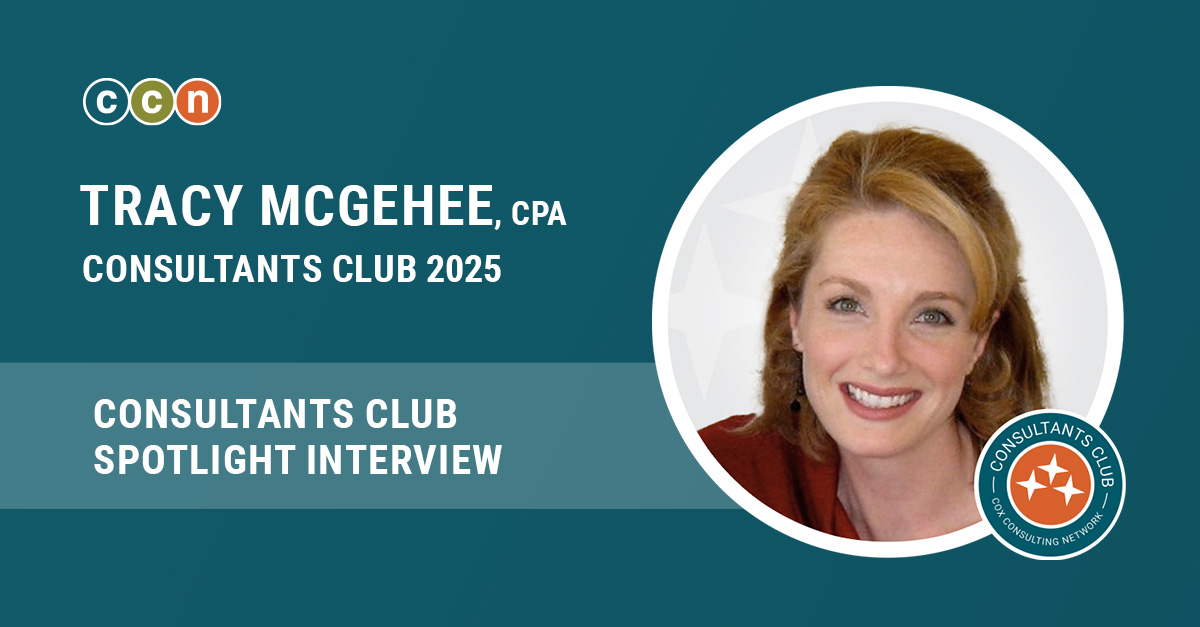The difference between freelance, bench, and project consulting jobs
At Cox Consulting Network, we focus on equipping and connecting consultants in the business of finance and accounting. Many companies (and consultants) get confused with some of the lingo in the consulting world. With so many firms offering varying levels of consulting services to the market, it can even be unclear to those of us who have been in the industry for many years. In this article, we’ll break down some of the differences between freelance, bench, project, temp staffing, and contract-to-hire consulting jobs.
Freelance consulting jobs
Freelance consultants generally are self-employed contractors (1099’s) who work for many companies instead of one employer. Often, freelancers have multiple clients at one time,known as fractional work, so that they may maximize their utilization and billable hours.
Freelancing provides the greatest amount of freedom and flexibility, since you are essentially your own boss. Note, however, that this comes with higher risk too. Since, freelancers are self-employed, they don’t usually get great benefits (group health coverage and PTO). They are also responsible for their own networking and business development, which represent a serious time investment.They could wind up without a project for weeks, or even months. This sometimes presents such a challenge that these folks end up taking a permanent role back in the workforce to find stability … and a paycheck.

Bench consulting jobs
If freelancing is hang gliding, bench consulting is more like flying a kite. Bench consultants usually work for a consulting firm as a permanent employee and then are loaned out to clients for projects. They often get a salary, or they are guaranteed a minimum number of hours per week so they have some stability in pay. They usually get the same benefits that they would get working in industry such as accruing vacation, sick time, and health benefits.
This is consulting, but with many of the comforts of a traditional permanent role. The upside on bench consulting is a steady paycheck, employee benefits, working with many clients, and stability. The downside for some is the lack of freedom and flexibility (usually no summers off with the kids as a bench consultant), and no ability to pick the clients that you engage.

Project consulting jobs
Project consulting is like freelancing with one difference. Project consultants generally are not self-employed. Most of the time, project consultants are employed as W2’s by the consulting firm, or temp agency, that placed them on the engagement. But — and here is the kicker — they are only employed as long as they are working on an engagement. When the engagement is over, there is no obligation on the consulting firm to find them an additional project.
In a great market, with a marketable skill set, this is not usually an issue. If the consultant doesn’t get another engagement from their current consulting/staffing firm, then a competitor will gladly swoop in and present projects at a comparable rate. Project consultants rely heavily on multiple firms competing for their talent in a good market.
The perks of project consulting are being able to work in many different industries, organizations, and exposure to many types of software. Project consultants also may have the advantage of getting paid overtime if they work more than 40 hours per week in most states.
The pitfalls of project consulting are lower pay than freelancers (the agency/firms takes half the bill rate), lack of solid benefits (most agencies offer minimal health and no PTO, or high threshold PTO), and uncertainty about future engagements. We call project consultants who make a career out of consulting career consultants.

Temporary Staffing Jobs
Temp staffing is almost synonymous with project consulting (although this doesn’t make the term interchangeable). Temp staffing agencies often don’t bring all of the components of a project (deliverable, tools, methodology, and the resource), just the resource (people). Thus, many staffing agencies wouldn’t consider themselves to be consulting firms. These firms also typically focus on the transactional roles and not more consultative senior level positions.
Candidates who rely on temp staffing can be in transition between permanent roles, or enjoy picking up projects as they choose just like project consulting. The downsides are the same as project consulting too: lack of good health and PTO benefits, uncertainty about future engagements, and many times, uncompetitive pay rates.

Contract-to-hire consulting jobs
Contract-to-hire roles are in existence for a couple of reasons and are used for all levels from clerk to CFO. When a company has lost an employee and pays a consultant to come in on an interim basis, they will often also have the interim consultant in the candidate pool for the permanent role. This is quite useful since the person is already doing the job. It gives both the employer and employee a chance to “test drive” the permanent position.
Companies may also use the contract-to-hire method because they were perhaps “burned” on a previous position that they had hired directly. In these situations, the company could have even paid a fee to a hiring agency only to have the employee quit after the guarantee period (many agencies guarantee their candidate will stay at least 90 days). Alternatively, the new hire might have simply not lived up to the expectations set during the interview process.
The real disadvantage on this type of engagement is that the company has now limited itself to a very small percentage of the total employment pool (those that are currently not employed and hoping to find permanent work). In many markets this is less than 2% of all finance and accounting professionals. Another risk is that they could lose the consultant during the trial process to a company who is willing to direct hire.

Where does Cox Consulting Network fit in?
At CCN, we’re focused on equipping freelancers and project consultants in the finance and accounting industry. We’re networked with great consultants and employers all around Austin, and we want to connect you to your next gig! We typically categorize our consulting engagements in three ways:
- Interim – when companies leverage our consultants in a temporary capacity while they search for a permanent solution. This may include contract-to-hire opportunities.
- Special Projects –when companies need help on specific projects like systems integration or implementing new guidance such as ASC 606 or ASC 842. These engagements fall under project consulting.
- Staff Augmentation –when companies need to boost their teams during busy times like year-end or before an audit. This is a kind of temporary staffing or project consulting, and it may include either part-time (fractional) or full-time work.
What makes us different?
When you work with CCN, you’ll quickly see we’re a little different from traditional consulting agencies. We don’t answer to investors, and we keep our overhead extremely low. This means our consultants actually get paid above market rate AND our clients get incredible talent at an extremely competitive price. Simply put, we believe “happy consultants = happy clients.” Isn’t that the way it should be?
We hope this helps you understand some of different ways individuals can become engaged on projects and interim roles in the consulting world. We specialize in finance and accounting, so would love to hear some of the differences in your industry!
Interested in Consulting with CCN? Join our talent network.
Looking to hire a consultant? Find talent today.
Related Posts
Grow your business with industry news and resources from CCN.
2025 Consultants Club: Meet Amy Byron!
At CCN, we’re all about celebrating the incredible talent that fuels our community—and Amy Byron, CPA, is…
2025 Consultants Club: Meet Tracy McGehee!
At CCN, we are all about celebrating the remarkable achievements of our consultants. One of our shining…
2025 Consultants Club: Meet Jessica Smith!
We’re excited to congratulate Jessica Smith on earning a spot in CCN’s prestigious 2025 Consultants Club! 🎉…






